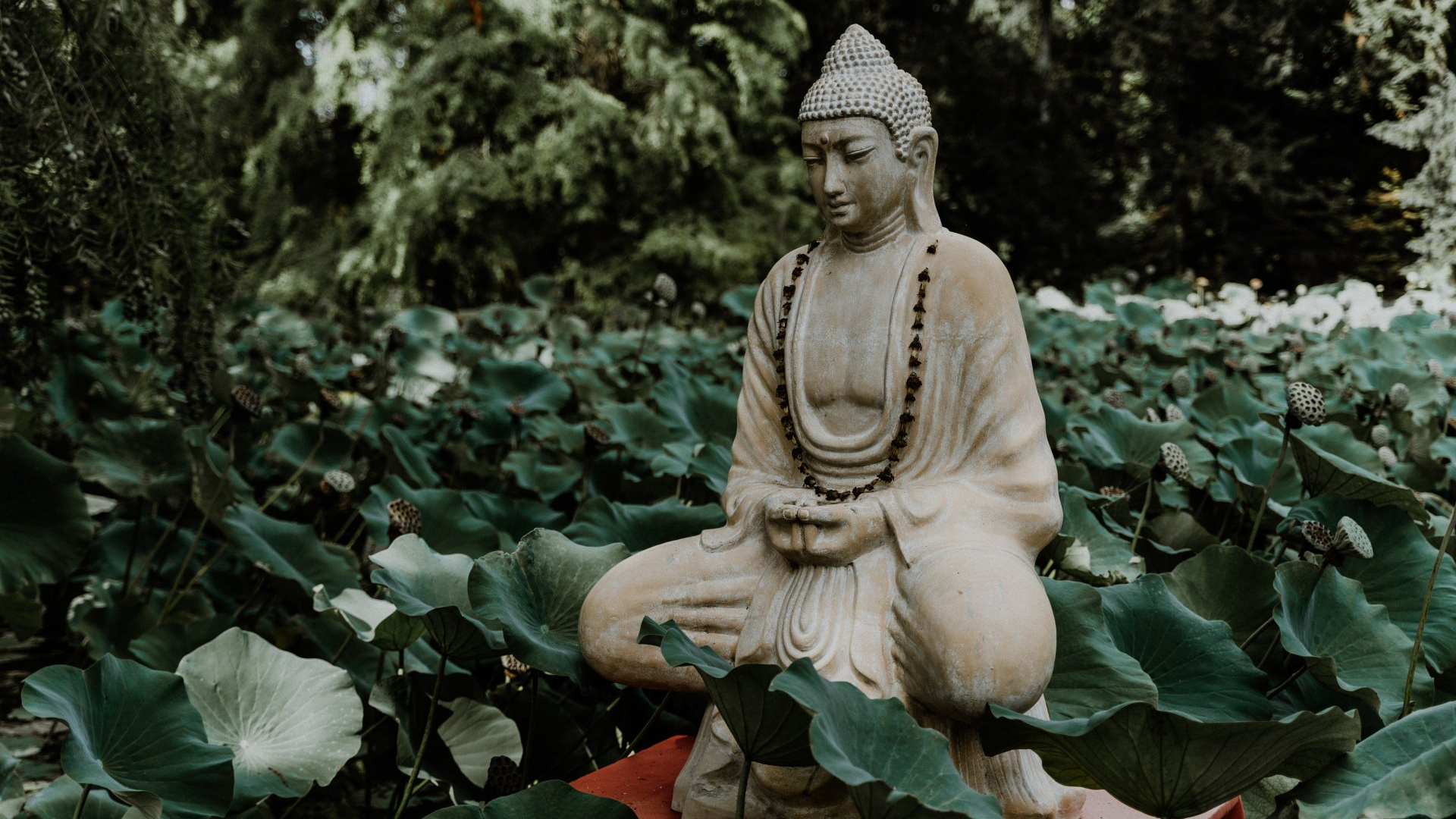Free Will in Buddhism
Free will has been a long-standing issue in Western philosophy. Major Western philosophers have discussed it: Immanuel Kant, David Hume, John Locke, Thomas Hobbes, among the main enlightenment philosophers. In contrast, according to an article by Katie Javanaud in the Journal of Indian Philosophy, “In a rare instance of scholarly consensus, it is generally agreed that proponents of classical Buddhism did not recognize what, in Western philosophy, is known as the free will problem.” [1] Ms Javanaud also quotes another scholar of Buddhist philosophy: “As one of the first scholars to discuss Buddhism and free will, Horner has commented that the will is simply ‘assumed to be free.’”[2]

Apparently, then, in Buddhism the issue of free will is not discussed, and the will is simply assumed to be free. To me the Buddhist assumption of free will is itself problematic. The reason for this is that the Buddhist conception of dependent co-arising, as I understand it, is that all things are powered by conditions outside of themselves, or “other-powered,” while the idea of free will is that the human will is self-powered.
I don’t know how to solve this conundrum. However, if any zazen practitioner happens to be troubled about it, he or she needn’t be for long. Whether one has free will is a concern of the ego. Let’s say that a person has completed a project of some sort that is important to him. It is just the ego in him that would be concerned about whether he could take credit for it. If ego isn’t active in him, it would not matter to him whether he could say, “I did this thing,” or not.
The main aim of spiritual practice, in both Hinduism and Buddhism, is to render the ego virtually powerless in a person. Nisargadatta, in the Hindu tradition, says, “This habit of referring to a false centre must be done away with; the notion: ‘I see,’ ‘I feel,’ ‘I think,’ ‘I do,’ must disappear from the field of consciousness.”[3] The principle of “anatman” in Buddhism maintains that in reality there is no “self” or “ego” or “I” at all in a person (or anywhere in the universe), so that any sense that “I do” or “I think,” and so on is an illusion.
The gradual effect of the practice of zazen is that the ego has less and less influence in the practitioner’s life. Eventually a practitioner is just not going to care about whether he has free will, if he ever did care about it. He can brush the whole subject off as a trivial concern.
Footnotes
- Katie Javanaud, “Reformulating the Buddhist Free Will Problem,” Journal of Indian Philosophy, 2018, No. 46, p. 773. Ms Javanaud is a doctoral candidate on the faculty of the University of Oxford.
- Ibid., p. 774.
- Sri Nisargadatta Maharaj, I Am That, The Acorn Press, Durham, 1973, p. 292.
All Rights Reserved | Zazen Essays